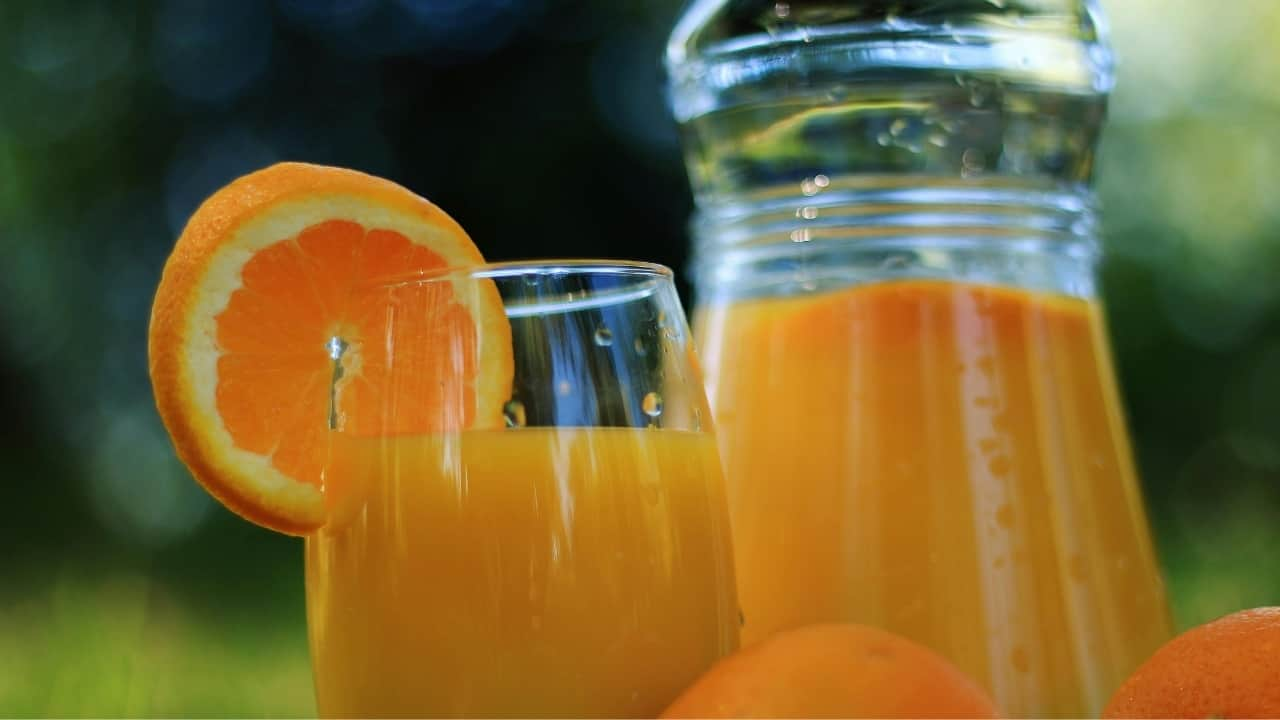Is Your Daily OJ a Sugar Bomb? FDA Considers Sweetness Cuts Amid Expert Warnings

The Great Orange Juice Debate: Is It Too Sweet for You?
For decades, orange juice has been a breakfast staple, a source of Vitamin C, and a seemingly healthy way to start the day. But is it really as good for you as we think? A growing chorus of health experts, and now the US Food and Drug Administration (FDA), are raising concerns about the high sugar content in orange juice, prompting a re-evaluation of this popular beverage.
FDA Eyes Sugar Reduction: A Potential Game Changer
The FDA is reportedly considering measures to reduce the sugar content in orange juice. Reports suggest a potential reduction from the current 24 grams per glass to around 17 grams. This move reflects increasing awareness of the impact of added and naturally occurring sugars on public health, particularly the rising rates of obesity and type 2 diabetes. While the FDA's plans are still in development, the mere consideration signals a significant shift in how we view this seemingly innocent drink.
Natural Sugars: Still a Cause for Caution
It’s crucial to understand that the concern isn't solely about added sugars (like high-fructose corn syrup). Even the naturally occurring sugars in orange juice, primarily fructose and glucose, can have negative effects when consumed in excess. These sugars can contribute to insulin resistance, inflammation, and weight gain. The sheer volume of juice consumed in a single serving often delivers a concentrated dose of these sugars, far more than you'd get from eating a whole orange.
Why Whole Fruit is the Better Choice
Experts consistently advocate for choosing whole fruit over juice whenever possible. Here's why:
- Fiber Power: Whole fruit contains fiber, which slows down the absorption of sugar into the bloodstream, preventing spikes in blood sugar levels. Juice, on the other hand, has very little fiber.
- Nutrient Density: While juice retains some vitamins and minerals, the fiber and other beneficial compounds found in whole fruit are often lost during the juicing process.
- Satiety: The fiber in whole fruit helps you feel fuller for longer, reducing the likelihood of overeating.
- Overall Health Benefits: Studies consistently demonstrate that diets rich in whole fruits and vegetables are associated with a lower risk of chronic diseases.
Moderation is Key: If You Choose Juice
If you enjoy orange juice, it doesn’t necessarily need to be banished from your diet entirely. However, moderation is key. Consider these tips:
- Portion Control: Limit your serving size to a small glass (around 125ml or 4oz).
- Dilute It: Mix orange juice with water to reduce the sugar concentration.
- Choose 100% Juice: Ensure you’re buying 100% orange juice without added sugars or artificial flavors.
- Consider Alternatives: Explore other healthy beverage options like water, unsweetened tea, or infused water.
The Bottom Line: Rethinking Our OJ Habit
The conversation around orange juice is evolving. While it can provide some nutritional benefits, the high sugar content warrants caution. By understanding the potential drawbacks and prioritizing whole fruit, Australians can make more informed choices about their health and wellbeing. The FDA's potential actions are a welcome reminder to re-evaluate our dietary habits and prioritize a balanced, whole-food approach to nutrition.






